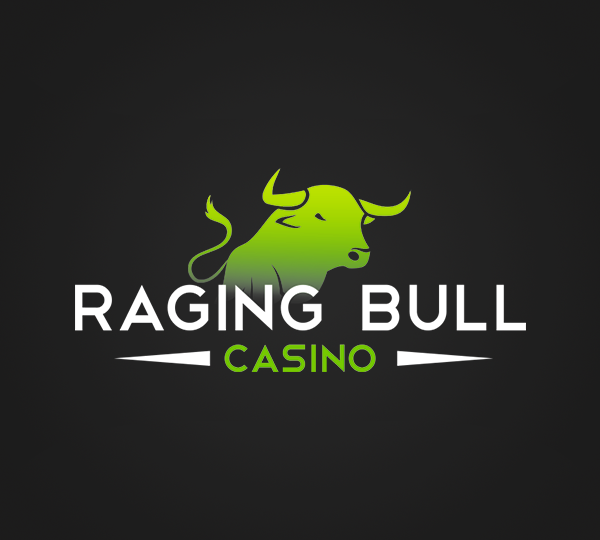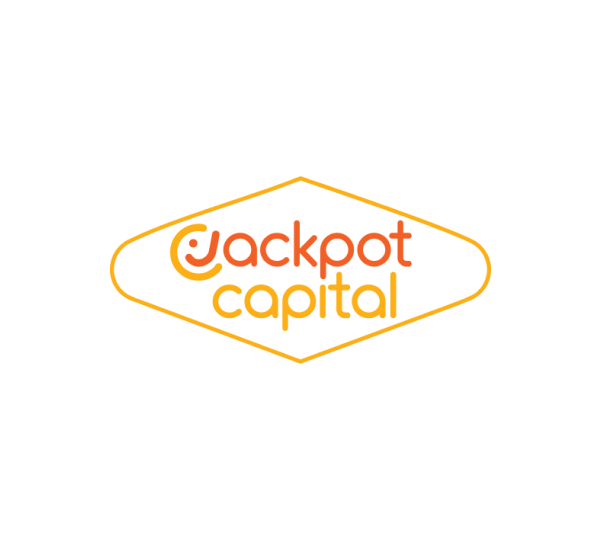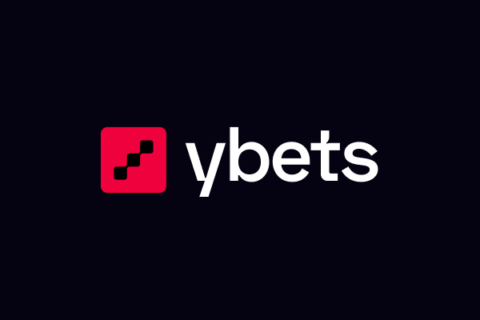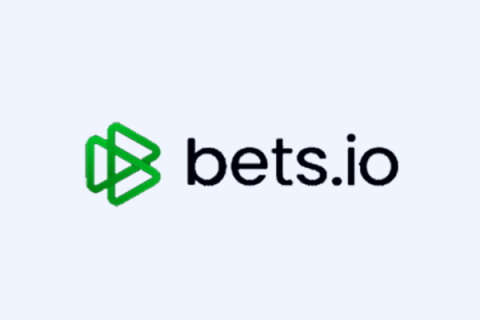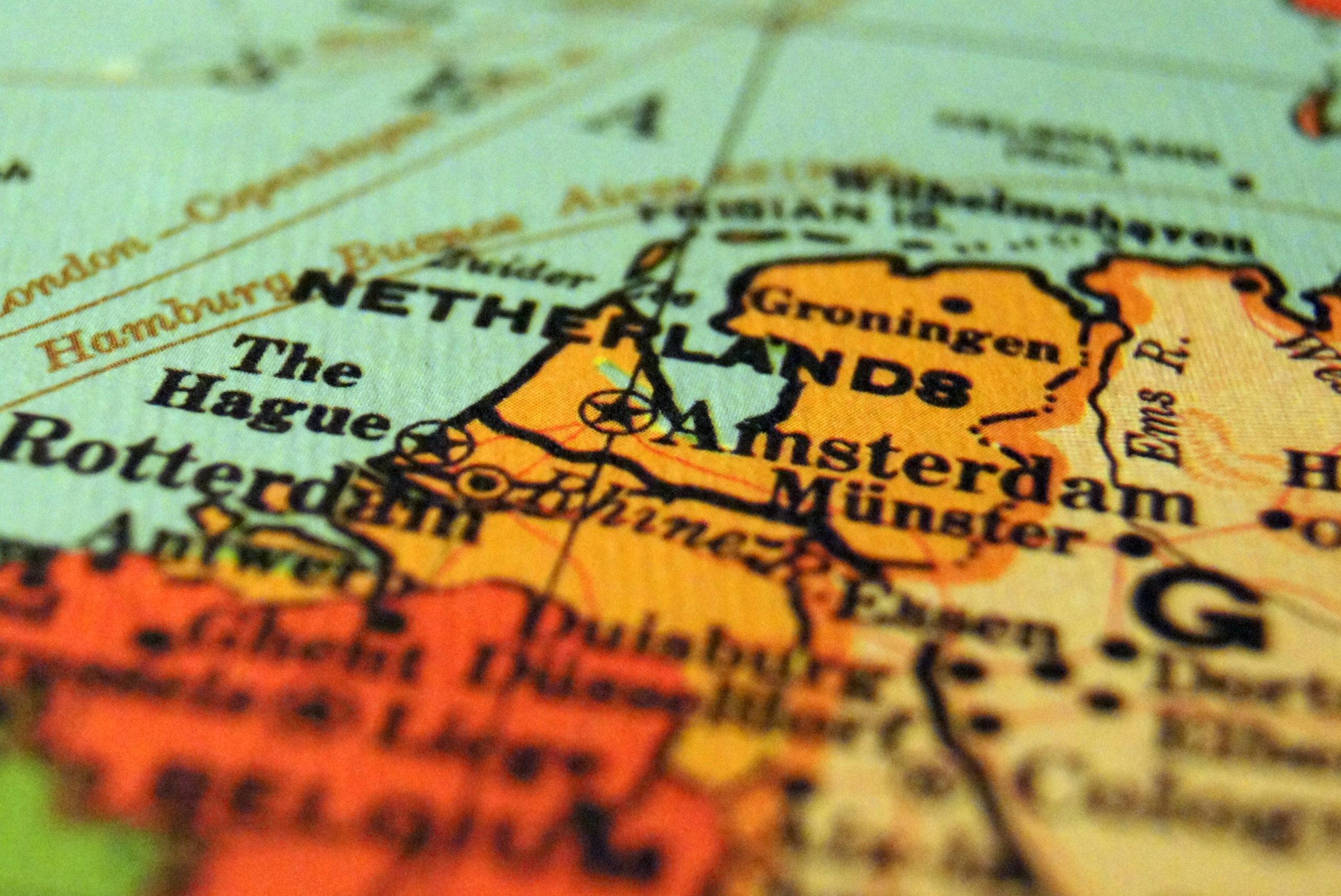
The Dutch Will Have to Wait A Bit Longer For Online Gambling Launch
Kansspelautoriteit (KSA) – the Gaming Authority of the Netherlands – announced it’ll be putting off the Remote Gaming Act (RGA) coming into force. The act was initially planned to enter into force on January 1 of the next year; the date has been pushed for two months later, on March 1, 2021. The delay is motivated by the need to give the stakeholders more time to prepare for the changes, as explained by Sander Dekker, Dutch Justice Minister for Legal Protections, who personally requested the delay.
While the act was passed in February 2019, the coronavirus restrictions disrupting access to offline gambling makes launching the online market for these activities even more relevant for fans of games of chance.
However, we should note that the online gambling market itself will be able to start functioning five months after the RGA comes into force – on September 1. This is the date set for launching CRUKS – a database for players who would like to prevent themselves from gambling.
Any player will be required to authenticate themselves when playing and will be denied access if they are in this database. Introducing such a system is a means of battling gambling addiction while also permitting players to enjoy playing games of chance in a healthy manner.
Overall, after the RGA comes into force, the online gaming market will become heavily regulated. Apart from using the CRUKS database, businesses will be required to comply with numerous criteria to obtain the license for their product, especially in terms of addiction prevention. These criteria fall under the following categories: reliability, expertise, continuity and segregated player credits, addiction prevention, advertising and marketing, consumer protection, match-fixing, money laundering and terrorist financing prevention, compliance with the Sanctions Act, outsourcing, integrity, payment transactions, identification, and verification. The numerous requirements to be met are in place to ensure customer protection but, on the other hand, may make obtaining a license a long, complicated, and inconvenient process for service providers seeking to offer their products legally on the Dutch market.
The fee for applying for a license is set to be €45,000 and non-refundable in case the request is not approved. The application will have to be processed in Dutch; the documents in other languages will have to be translated into Dutch. Besides licensing, the Dutch Gaming Authority will gain more power to make sure the online gaming providers comply with Dutch law. For instance, the KSA will be able to send ‘mystery players’ (akin to mystery shoppers) to detect any illegal behavior.
As for now, organizing online games of chance remains illegal under Dutch law. Obtaining a license for such activities is not possible. Offline gambling, however, is permitted and regulated. The market consists of Holland Casino, a national casino operator with 14 establishments under its management, and private companies with estimated 42,000 slot machines scattered around Dutch bars, restaurants, and arcades. The state also operates a lottery and maintains a monopoly on lotto and sports betting.
The revenues of the industry are a testimony to the Dutch’s eagerness to gamble: they are estimated to reach €2 billion every year. But, with the COVID-19 stirring the pot, the social distancing guidelines, and a limited business operation capacity, more and more Dutch find themselves gambling online – on the websites based in other countries. Legalizing online gambling in the country will allow the local companies to regain control of the market dominated by foreign companies at the moment.
